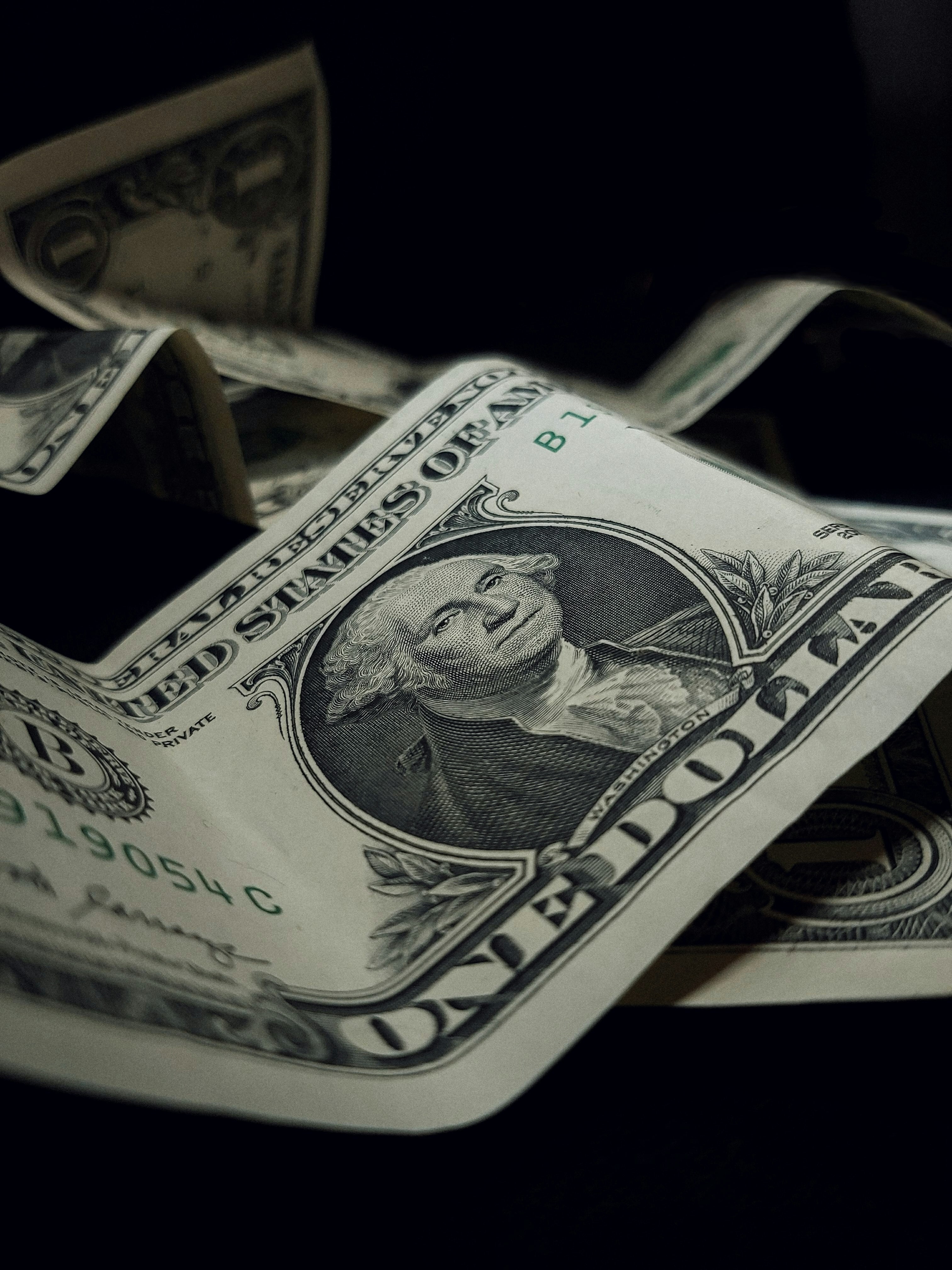Dollar Soars To Six-Month High Amid Inflation Concerns Following Trump's Tariff Talk

The U.S. dollar has reached a six-month high, fueled by growing investor concerns over inflation that may follow renewed tariff policies under a potential second Donald Trump presidency. As the dollar index — a measure of the U.S. dollar’s strength against a basket of foreign currencies — rose by 0.6% to reach its highest level since May, markets reacted sharply. Investors, wary of inflationary pressures that tariffs may impose, are increasingly positioning toward the dollar as a safe-haven currency amid shifting economic conditions.
Background on Trump's Tariff Statements
Donald Trump recently hinted at the possibility of re-implementing and even expanding tariffs if he were to return to office. During his first term, tariffs were a core aspect of his trade policy, especially targeting China, with the intent to protect American manufacturing and reduce trade deficits. However, these policies had a direct impact on inflation by increasing the costs of imported goods, which, in turn, affected American consumers. Markets are now reacting to this familiar rhetoric by anticipating the inflationary effects tariffs could bring.
Dollar Strength and the Dollar Index
The dollar index, which tracks the performance of the dollar against major global currencies, has surged in response to these inflation concerns. Rising by as much as 0.6% on Tuesday to reach a six-month high, the dollar's strength underscores investor sentiment around inflation risks. By Tuesday evening, the index was still up 0.4% for the day, signaling sustained interest. This rally places the dollar at a level not seen since May, underscoring the strength of current inflationary concerns. Historically, the dollar has strengthened in periods of economic uncertainty and inflationary risks as investors seek stability.
Investor Sentiment and Inflation Concerns
The market response reflects investor fears that tariffs would exacerbate inflation by raising import prices and affecting consumer costs. Typically, tariffs on goods such as electronics, clothing, and raw materials lead to higher production costs, which can trickle down to consumers, raising overall price levels. With Trump’s renewed focus on tariffs, investors foresee inflation pressures mounting, which strengthens the appeal of the dollar as a stable store of value. Investors are remembering the inflationary period in 2018-2019, where tariffs contributed to price increases across sectors, further adding weight to these concerns.
Impact on Treasury Yields and Market Reactions
Rising inflation concerns have had a pronounced effect on U.S. Treasury yields, which surged alongside the dollar as markets adjusted. Higher inflation expectations typically result in higher yields, as investors demand greater returns to offset potential declines in purchasing power. In this instance, traders are scaling back their expectations for Federal Reserve rate cuts, anticipating that the central bank may need to maintain or even increase rates to counteract potential inflation. This recalibration has led to a noticeable uptick in Treasury yields, underscoring market caution and an evolving view on monetary policy.
Global Market Implications
A stronger dollar has broad implications, especially for emerging markets that often hold substantial debt in dollar terms. As the dollar strengthens, the cost of servicing these debts increases, creating financial strain for economies that may already be vulnerable to rising interest rates and inflationary pressures. Additionally, currencies like the euro and yen could face downward pressure, prompting central banks globally to consider measures to stabilize their own currencies. If the dollar continues to gain strength, it could trigger defensive monetary policies from other economies to prevent excessive weakening against the U.S. dollar.
Future Outlook
Looking ahead, the dollar’s trajectory will likely depend on further developments in U.S. trade policy and inflation data. If Trump’s rhetoric around tariffs intensifies, inflation concerns may continue to bolster the dollar as investors seek to hedge against future risks. Conversely, if inflation fears ease or alternative economic policies emerge, the dollar may stabilize or weaken. Treasury yields are also likely to remain responsive to these dynamics, especially as the Federal Reserve monitors inflation indicators closely. Scenarios where tariffs are reintroduced could see the dollar continue its upward momentum, while de-escalation in trade rhetoric could alleviate some of the current pressures.
Conclusion
The U.S. dollar’s recent six-month high reflects growing concerns around inflation tied to Trump’s tariff rhetoric and the potential for higher import costs to drive price increases. The rising dollar and Treasury yields underscore investor caution and the broader economic impact of policy decisions on global markets. As inflation remains a central factor in financial markets, monitoring trade policies will be critical for investors aiming to navigate this evolving landscape. With heightened uncertainty, the dollar's strength appears positioned as both a symptom and a hedge against inflation risks driven by anticipated policy changes.
Author: Ricardo Goulart
Gyrostat Capital Management: Why Risk Management Is Not About Predicting Risk
Why Risk Management is Not About Predicting Risk Financial markets reward confidence, but they punish certai... Read more
Gyrostat January Outlook: Calm At Multiyear Extremes
This monthly Gyrostat Risk-Managed Market Outlook does not attempt to forecast market direction. Its p... Read more
Gyrostat December Outlook: The Market Does The Work
Harnessing Natural Volatility for Consistent Returns Markets have always moved more th... Read more
Gyrostat Capital Management: Why Advisers Must Scenario-Plan Both The Bubble And The Bust
The Blind Spot: Why Advisers Must Scenario-Plan Both The Bubble and The Bust In financial m... Read more
Gyrostat Capital Management: The Hidden Architecture Of Consequences
When Structures Themselves Become A Risk In portfolio construction, risk is rarely where we look for it.... Read more
Gyrostat November Outlook: The Rising Cost Of Doing Nothing
Through the second half of 2025, markets have delivered a curious mix of surface tranquillity and instabi... Read more

